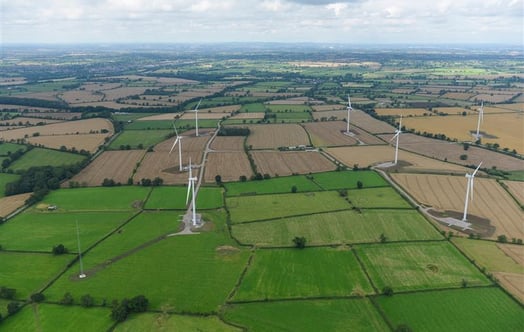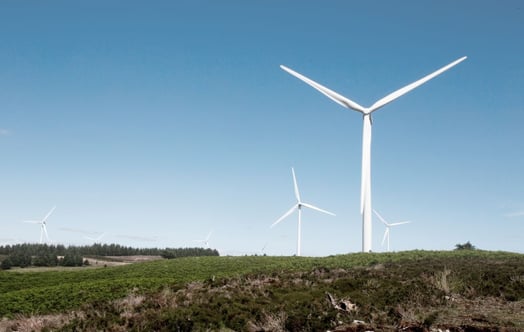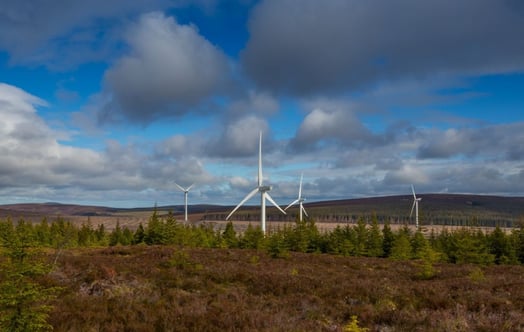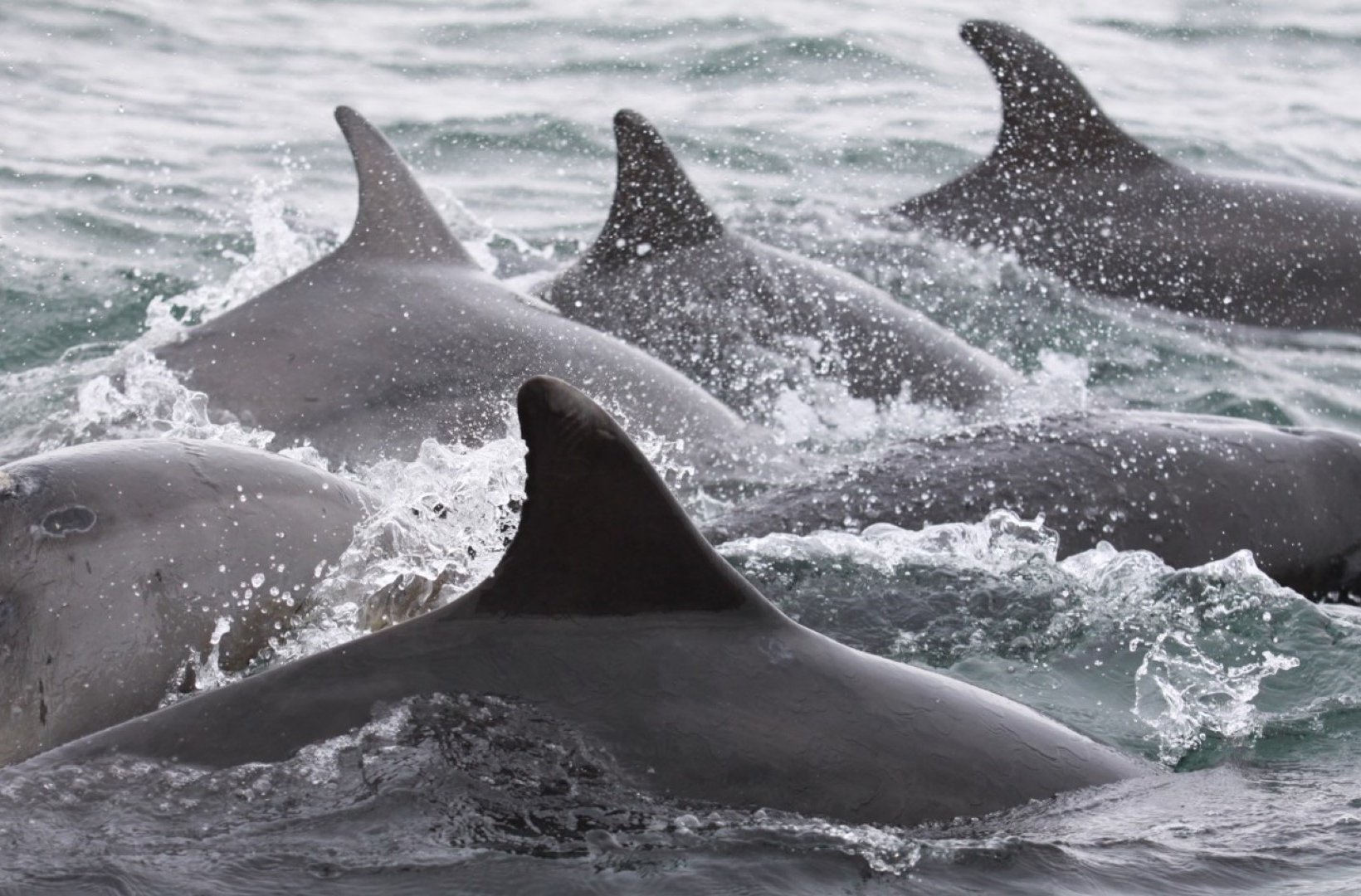
Environmental Highlights 2018
Chris Jackson, Senior Environmental Specialist outlines the highlights from Ray Wind Farm and the European Offshore Wind Deployment Centre.
Ray Wind Farm (Onshore)
As part of the ongoing ornithological monitoring at Ray Wind Farm, Northumberland, three merlin chicks were successfully ringed by licenced bird ringers in 2018 which builds upon conservation efforts in previous years. Merlin are Britain’s smallest bird of prey with only 1000 – 1500 pairs remaining. They have suffered severe historical decline in the past, and as such, merlin have found themselves on the Red List of Birds of Conservation Concern in the UK. It is hoped that by continuing our collaboration with the Northumbria Ringing Group at this site, in addition to wider ornithological monitoring, we continue to see this trend of successful breeding attempts by merlin as well as other upland specialists such as curlew and golden plover.
Furthermore, as part of the Habitat Management Plan, improvement works were undertaken to sensitive and priority habitats including blanket bog by re-wetting the surrounding area. The aim of the re-wetting scheme is to increase biodiversity of the floral communities which in turn will help improve invertebrate assemblages used as a food source for a number of birds of conservation concern in the local region.
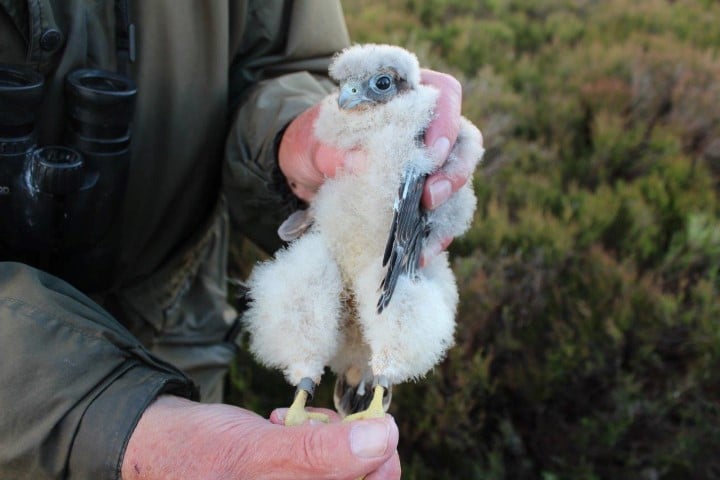
The European Offshore Wind Deployment Centre
There are currently four ongoing projects being undertaken as part of the ground breaking 3 million Euro scientific research programme which is facilitated at the European Offshore Wind Deplo. The ongoing projects include increasing our understanding of the following:
- bottlenose dolphins lifecycles
- guillemot and razorbill movement patterns
- salmon and sea trout migration routes and
- socio-economic impacts of offshore wind

A fifth project is currently proposed which will look at collecting evidence on seabird flight patterns and behavioural responses in relation to offshore wind farms, and is scheduled to start in 2019.
It is expected that the research programmes will help increase our understanding of environmental sensitivities and ultimately provide decision makers with greater clarity and confidence when assessing future impacts, in addition to going a long way in helping to smooth the path for offshore wind to make a telling contribution in the fight against climate change.
Vattenfall were proud to receive recognition for this research programme at the RSPBs Nature of Scotland Awards earlier this year where the project won the Sustainable Development Award which recognises excellence, innovation and outstanding achievement in nature conservation.

